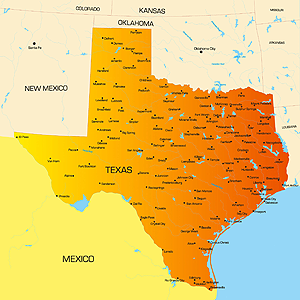A portal website bringing together vital information about natural gas and natural gas vehicles.

| Legislative Session Dates: | Bi-Annual Legislature |
| Legislature Website: | http://www.capitol.state.tx.us/ |
This state was last examined and updated in December, 2016.
